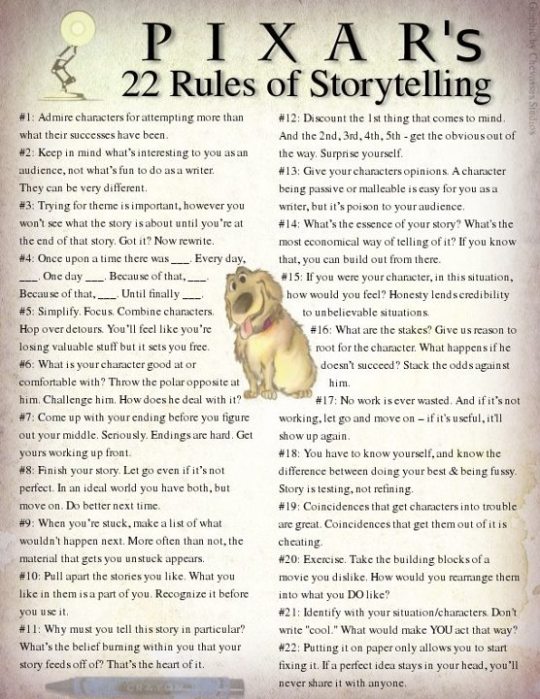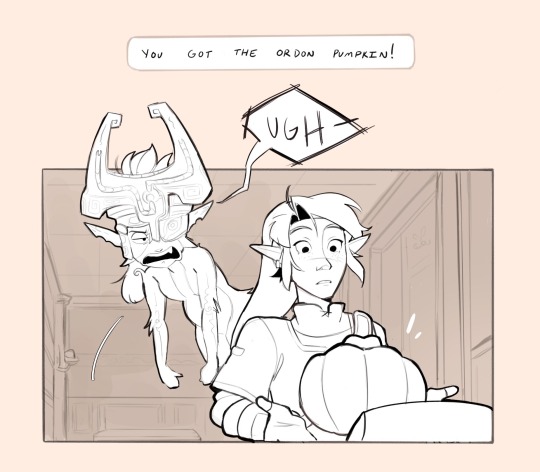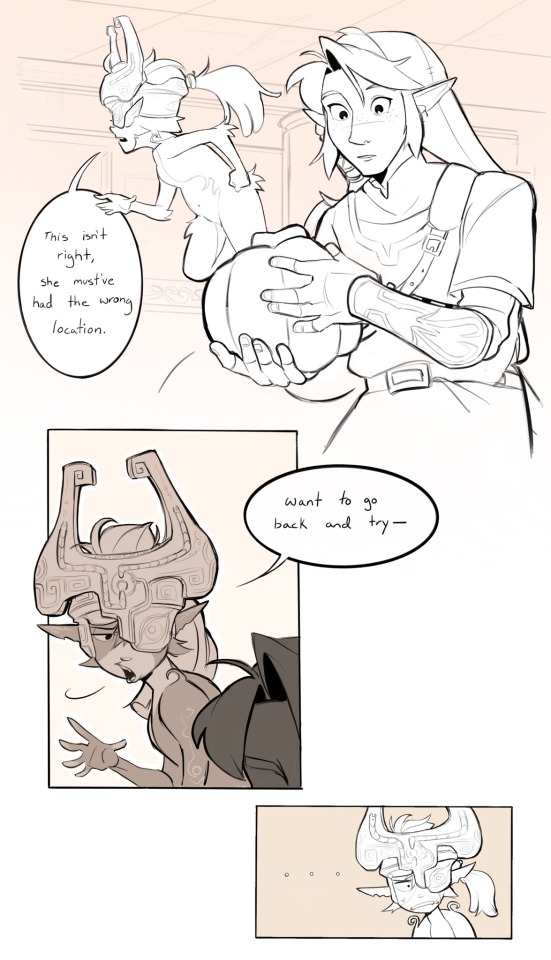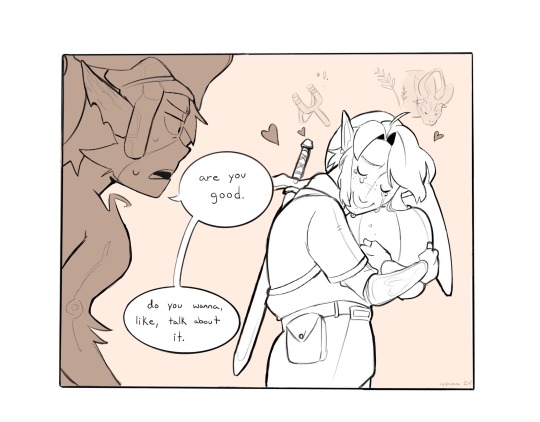Text
reminder that coming up with some fake little dudes and creating intricate storylines in your head is a completely free and fun way to pass the time and the government can't stop you
17K notes
·
View notes
Text
candlelight
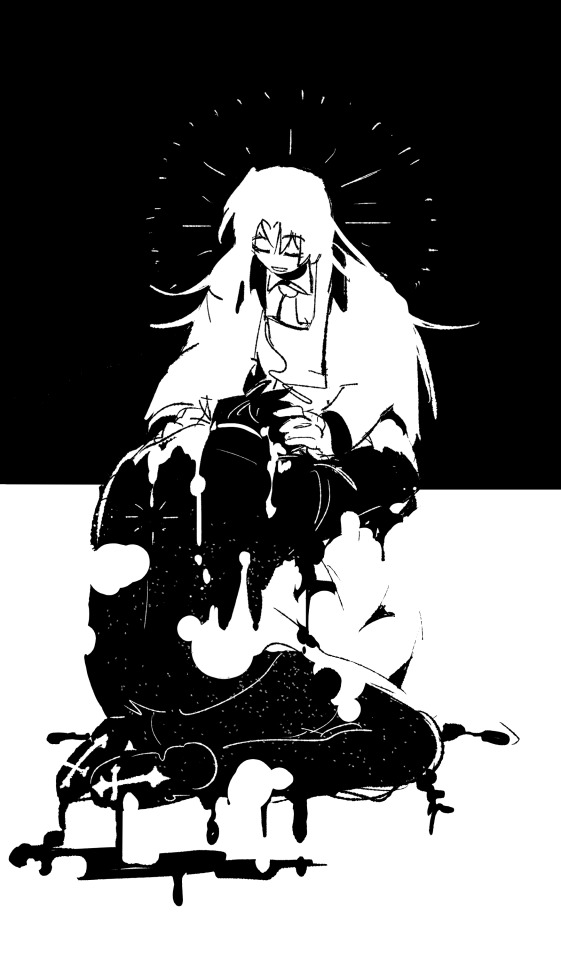
this certain dynamic abt millywood that goes beyond wolfwood simply yearning for milly—how he deems her as a mother, a lover, an enemy, a friend, a curse, a salvation—how milly becomes a symbol he can't put into a word, and it scares him and he wants to bury himself in it and beg for forgiveness all the same...
wolfwood knowing he has nothing to be forgiven of (that he's a sinful, sinful man) but THE YEARNING FOR ONE. the thought of how getting close to her feels like it'll melt away his 'impurities' (which is him entirely, he'll be GONE), but still clinging to her as both humanity and a heretic icon of worship......
1K notes
·
View notes
Text
Hey everyone, please consider buying the 2024 itch.io Palestinian Relief Bundle- it's 373 games, game-making assets, tabletop roleplaying games, zines, and comics for a minimum of just 8 USD! They have a goal of 100,000 USD, and as of the time I'm writing this post, they have 8 more days to reach it.

Link will be in the reblog!
30K notes
·
View notes
Text
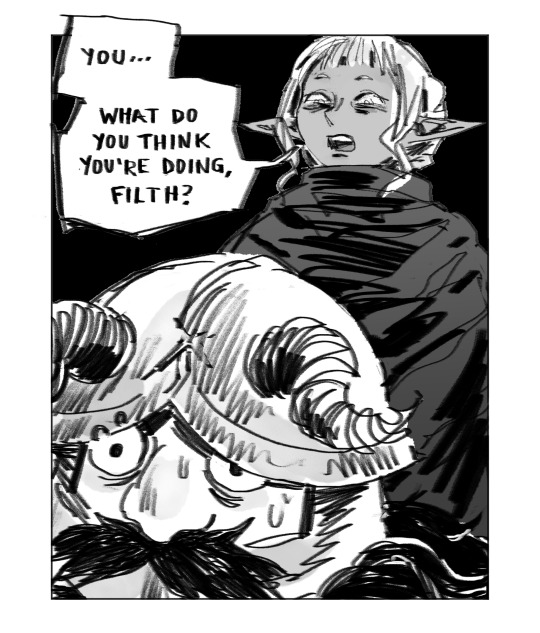
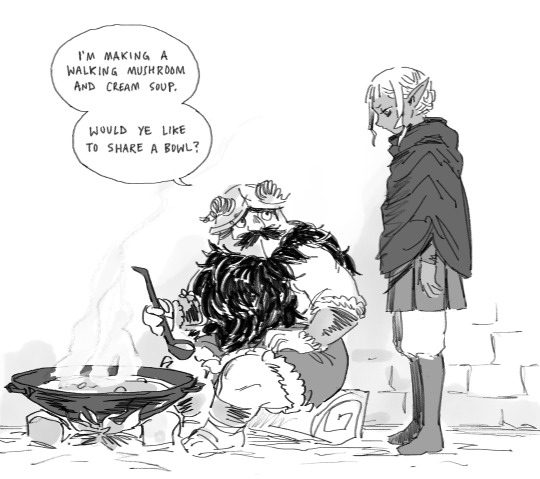
what if thistle had confronted senshi before the story started?
9K notes
·
View notes
Text
whenever i add a note to an assignment submission that is apologizing for something for whatever reason, im not actually apologizing. what i am in fact trying to do is project the visual of the saddest, wettest, most pathetic man possible directly into my professors head, effectively going "if you give me a bad grade this is who youre giving a bad grade to" in an attempt to garner pity
533 notes
·
View notes
Text

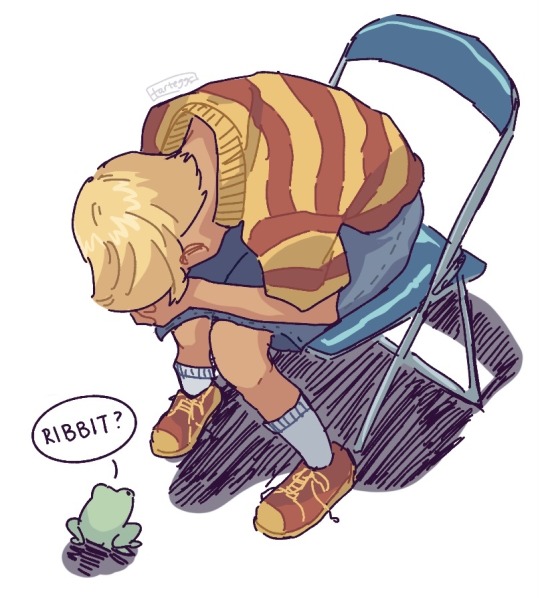
been thinking a lot about lucas lately
901 notes
·
View notes
Text
Is Israeli academia about to enter a whole new phase? All signs are that it already has. In the past few weeks, Haaretz spoke with more than 60 Israeli scholars from a wide range of disciplines and academic institutions, from young scientists and university presidents about their experiences with colleagues abroad since the war broke out in the Gaza Strip after Hamas' massacre on October 7.
They recounted dozens of incidents: cancellation of invitations to conferences, a freeze on their appointments in foreign institutions, rejection of scientific articles on political grounds, disruption of lectures abroad, cessation of collaborative efforts with colleagues abroad, refusal by such colleagues to take part in the promotion process their Israeli counterparts must undergo at local institutions, and even a sweeping boycott of local colleges and universities. The following examples, all from recent months and backed up by documents and emails, are being made public here for the first time. The plethora of events leaves no room for doubt: Israel is feeling the brunt of an unprecedented academic boycott, which is only gathering momentum.
…
It once seemed as if the social sciences and humanities are more vulnerable to political struggles. Indeed, such departments in Israel were familiar with the impact of the boycott, divestment and sanctions movement long before October 7. However, the cessation of collaboration – whether in conducting research, co-authoring articles or in other areas – is now being seen as a widespread phenomenon in all fields.
A few months ago, Nir Davidson, a physics professor at the Weizmann Institute of Science, suggested to an Italian colleague that they try together to request a grant from a competitive research foundation. "Because of the atrocities your country is perpetrating against innocent civilians, thousands of professors and researchers have signed a petition calling for all research collaboration to be blocked," the colleague replied, noting that he "fondly recalls" a visit he made to Israel in 2020, but adding, "I'm afraid that what your country has done and is continuing to do will never be forgotten or forgiven."
About a month ago, a scientist from Ben-Gurion University of the Negev was ejected from an international group that submits research proposals to the European Union in the realm of environmental studies. The explanation he was given by one of his colleagues was, "I'm really sorry, but I'm going to have to not select Israel as a partner for the project. In fact, some partners do not wish to be involved in the project if Israel is a partner, particularly given the current political context. I am truly sorry, and I hope that we will have the opportunity to work together on another research project. Thank you for your understanding and I wish you all the best for the future."
…
"I am writing to let you know that I have decided to step down from the Ph.D. committee [reviewing a student's thesis]," a foreign social sciences scholar wrote the Hebrew University recently. "Following the university's recent declaration of commitment to Zionism in the context of the war that is raging in Gaza, I feel I can no longer be associated with this institution. I have enjoyed working with you all and it is with a heavy heart that I am making this decision."
The "commitment to Zionism" the professor cited was part of the fierce public condemnation the university issued against sharp remarks by Israeli-Palestinian Prof. Shalhoub-Kevorkian, of its law faculty, against Israel's conduct in the war in Gaza. "As a proud Israeli, public, and Zionist institution," the university stated, it condemned her comments and suspended her, before reinstating her two weeks later.
The email from the foreign academic who asked to stop advising the Hebrew University doctoral student is only one example of an apparently growing phenomenon whereby scholars overseas no longer want to help prepare the next generation of lecturers and researchers at Israeli institutions: Sources at a few such institutions admit that they find it increasingly difficult to obtain the letters of evaluation from academics abroad that must be submitted in advance of discussions of staff promotions in Israel.
For the present, it looks as though the latter trend is particularly noticeable in the social sciences and the humanities: in sociology and anthropology, Middle Eastern studies and literature. But according to a source at one university, the field of law is also falling victim to such dwindling collaboration with foreign schools.
…
"If the Israeli government commits irrevocably to either a two-state (within 1967 borders) or one-state solution in which all Palestinians in both Israel and the occupied territories have equal rights to Israelis – I will be happy to engage with Israeli institutions," a senior researcher at a prestigious institution in Europe wrote recently, in response to a request to write an evaluation for an Israeli academic. "Until that day, no." Another European academic wrote: "I do not believe that this suffering of civilians can be justified and I believe that Israel is not acting in accordance with international human rights law. In light of that, I feel I cannot collaborate with any Israeli institution at the moment."
…
"The dam has burst," Drori declares now. "Talking about an academic boycott of scientists in Israel has become legitimate. It's a whole new world. We are in a very extreme situation, and I don't know whether and how it will be possible to reverse things. The boycott is severing our ability to be involved in the forefront of research. All scientific research that does not involve the international community is research that is less good. The severance from the world is suffocating us."
If the pool of international experts who are willing to cooperate with Israel does continue to shrink, Israeli academics will face discouraging alternatives: to approach less senior academics from less well-regarded universities (which, according to a knowledgeable source, is already happening in some cases), or to increase the proportion of assessments provided by local faculty – not a particularly palatable solution.
…
A number of universities and academic organizations in Belgium, Spain, Italy and Norway recently announced full boycotts or a suspension of ties with Israeli institutions until they receive clarifications with regard to topics ranging from the state of academic freedom on their campuses, to their moral, financial and material support for Israel's defense forces. For one, Ghent University recently requested such information from its counterpart in Haifa.
…
"The best-case scenario is that within a short time we will return to some sort of stability," says American studies professor Milette Shamir, vice president of Tel Aviv University and director of its international academic collaborations. "Our standing in the world will be rehabilitated and we will be able to return to the situation we were in, to very extensive international activity."
But Shamir acknowledges that she "doesn't know whether that scenario is realistic." Two weeks ago, she was in Australia to attend an academic fair at the University of Sydney. When she arrived, pro-Palestinian demonstrators shouted that Tel Aviv University shares in crimes against the Palestinians and that all collaborations with Israel should end.
"The worst-case scenario is that we are headed in the direction of South Africa [in the apartheid period]," she says, "with boycotts that keep mounting to the point of paralyzing the system. The result will be a mortal blow to Israeli academia. It will take on a provincial character and we will not be able to integrate into the forefront of the world's research."
— 'I Won't Work With You. You're Committing Genocide': Israeli Academia Faces an Unprecedented Global Boycott. Or Kashti, Haaretz, April 14 2024
6K notes
·
View notes
Text
kitten i'll be honest daddy isn't sure he's cut out for full time employment
32K notes
·
View notes
Text
yall do realize just because something has been a target of misogynistic criticism, that doesn't make stanning it completely uncritically in response some kind of revolutionary feminist praxis. right.
24K notes
·
View notes
